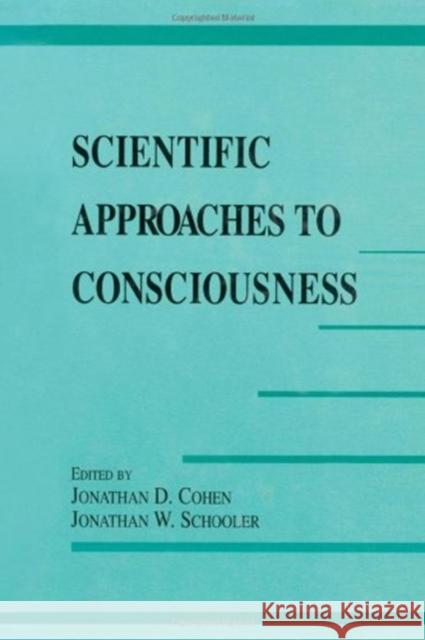Scientific Approaches to Consciousness » książka
Scientific Approaches to Consciousness
ISBN-13: 9780805814712 / Angielski / Twarda / 1996 / 538 str.
Scientific Approaches to Consciousness
ISBN-13: 9780805814712 / Angielski / Twarda / 1996 / 538 str.
(netto: 676,35 VAT: 5%)
Najniższa cena z 30 dni: 654,86
ok. 16-18 dni roboczych.
Darmowa dostawa!
There are many ways to approach the understanding of consciousness - a question that has occupied philosophers and metaphysicians for centuries. Although during the early growth of cognitive science the topic of consciousness remained taboo, an increasing number of studies have either implicitly or explicitly begun to bear on the nature of consciousness. These have come from a number of different angles with different original questions, and focus on a variety of different empirical phenomena. Thus, studies of implicit memory, subliminal processing, strategic versus automatic processing, allocation of attention, and differences between information processes in the awake versus dreaming state all share a common assumption of a particular quality or state - awakeness, awareness, alertness, namely consciousness - that somehow can be distinguished from another type of state or states in which the subject is not aware of the information being processed. What distinguishes the cognitive psychological and cognitive neuroscience approach to the question of consciousness from that of philosophy and metaphysics is scientific methodology: a set of tools that permit the empirical study of a ph











